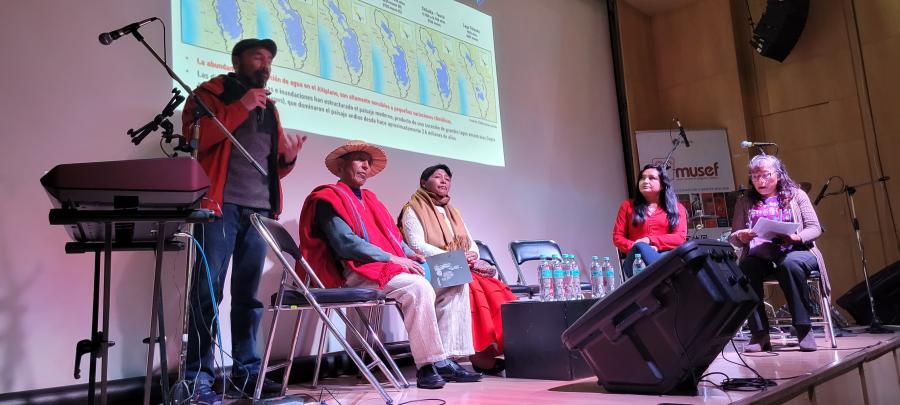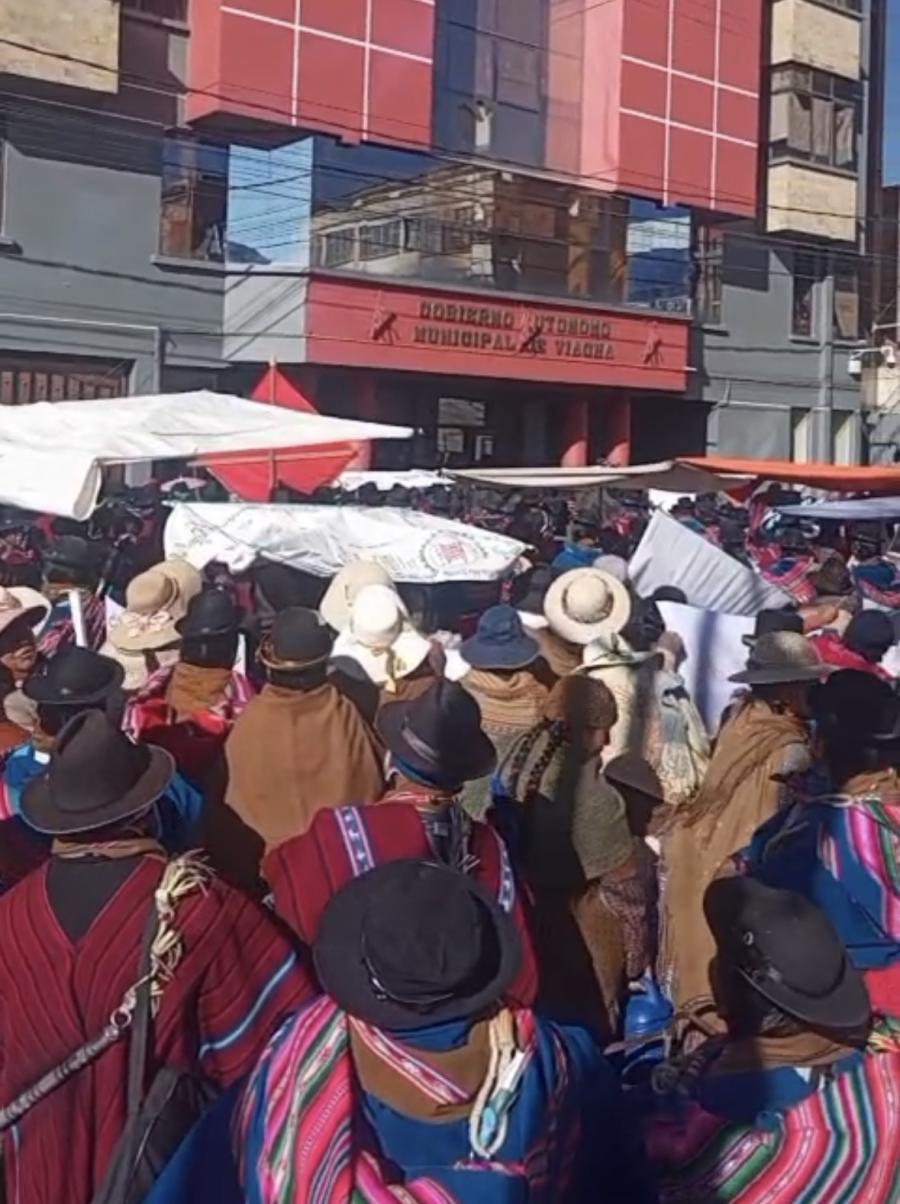In the election of December 18, 2005, Bolivians made history, as 54 percent of the country’s voters chose Evo Morales, the Aimara leader of the combative coca-growers’ unions. “500 years of campaigning and popular resistance by indigenous people has not been in vain,” Morales said at his inauguration. “We are here, and we say that we have achieved power to end the injustice, the inequality, and oppression that we have lived under.”
Morales and his party, the Movement to Socialism, swept the elections in the first round with an absolute majority, trouncing competitors on the right: one a cement mogul and fast-food franchise owner, the other a businessman-economist cultivated by the United States as its preferred choice.
Morales’ rise to power did not come by the traditional path of wealth and racial privilege, but through years of peasant union struggle in a country deeply marked by social and racial inequalities. In Bolivia’s short and
difficult democratic history, presidents—sometimes even those who were in third place in the popular vote—were usually chosen through back-door deals made in Congress.
The election in Bolivia is the latest in a series of Latin American victories for leftist candidates, and Morales’ victory promises to further dramatize this process by “indigenizing” both his country and the entire region.
Morales comes to power in the wake of a much longer history of indigenous mobilization and change in Bolivia. Starting in 1985, the country’s non-indigenous elite classes introduced free-market, or “neoliberal”, policies aimed at modernizing Bolivia by opening it up to global capital while breaking down existing structures of class-based representation.
As indigenous movements surged in the late 1980s and 1990s, the government sought to channel this energy through policies referred to as “interculturalism”—a tentative effort to recognize indigenous culture and incorporate it into political structures. On the surface, interculturalism reversed five centuries of government policies of racism and exclusion. It included limited land reform that recognized indigenous rights to collective territories; a decentralization process that gave some recognition to traditional leadership structures; and, most ambitiously, education reform that used indigenous languages, histories, and knowledge in state schools.
These reforms were embraced by many indigenous peoples, but they failed to address underlying problems in Bolivia: massive economic inequality, the absence of political representation, and racism that pervades public institutions and daily life. As another Aimara leader told a non-indigenous Bolivian television commentator, “What we want for the future is that my daughter does not have to grow up to be your maid.”
Morales took advantage of these state reforms, even as he militantly opposed other policies that were tied to the U.S.-backed attempt to eradicate the coca plantations of his supporters (see Cultural Survival Quarterly Vol. 26.4). Most importantly, he embraced new structures of decentralization and democratization. His union, transformed into a political party, captured most of the municipalities in the Chapare region in 1997, creating a strong base of support there. The party then reached out to other indigenous movements of the eastern lowlands and created alliances with non-indigenous urbanites who were sympathetic to their cause.
Morales is thus not merely an indigenous leader pursuing indigenous demands, but the leader of a broad movement that combines many social, economic, and cultural platforms for change. His victory is an historic and radical moment for indigenous peoples of Bolivia and of the continent. Rafael González, chair of the Committee for Campesino Unity in Guatemala, said, “Morales’ victory will have repercussions throughout the Americas.” And Luis Macas, the president of the Confederation of Indigenous Nationalities of Ecuador, said that Morales’ election was the most important event for indigenous people “since the time of Spanish colonialism.”
— Bret Gustafson
January 11, 2006, Weekly Indigenous News


